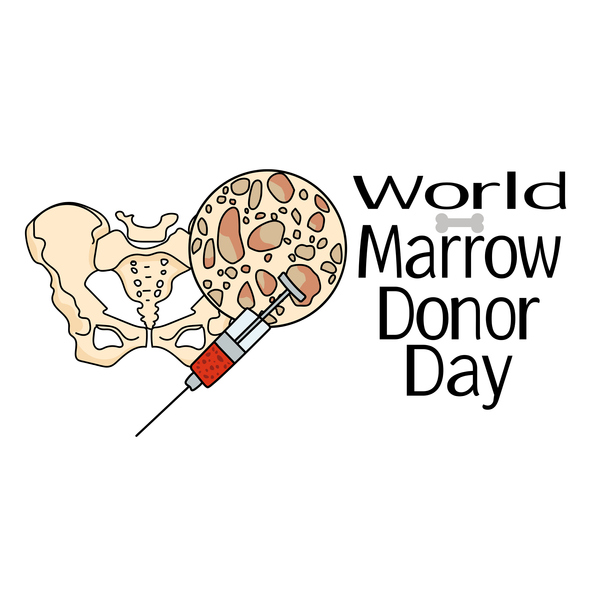World Marrow Donor Day is September 16, at any one time there are around 1,000 Australians urgently waiting to receive the perfect living donor match as part of their life saving treatment.
With Australia’s donor pool not meeting local patient needs, the Leukaemia Foundation and Australian Bone Marrow Donor Registry (ABMDR) are joining forces to urge Aussies to do one simple action – sign up to become a bone marrow donor today.
Leukaemia Foundation CEO Chris Tanti said that approximately 90% of Australians waiting for a bone marrow transplant, also known as a stem cell transplant, are blood cancer patients.
“In order for blood cancer patients to survive their diagnosis, around 20% of them will need to consider a stem cell transplant,” said Mr Tanti.
“It’s a brutal treatment and generally patients that undergo a stem cell transplant will do so as there are no other treatment options available to them and they will sadly deteriorate further without it.”
With 19,500 Australians set to be diagnosed with blood cancer in 2023[i], statistics show that 3,900 of these patients will rely on finding the right donor match to treat and cure their blood cancer.
According to ABMDR CEO Lisa Smith, significantly more Australian donors need to be urgently recruited to help save lives.
“Australia is experiencing one of the highest rates of performing blood stem cell transplants compared with the rest of the world,” said Ms Smith.
“With the growing need for donors, Australian patients are increasingly dependent on overseas donors to meet demand.”
Unlike other major transplanting nations who on average have halved their dependency on foreign donors in the last decade, Australia’s dependency has steadily increased to around 8 out of 10 patients relying on an overseas donor.
Ms Smith added; “Whilst it doesn’t take us long to check every one of the 40 million plus donors around the world, the real wait happens when this process can’t find you a good match.”
Some Australian patients are waiting for a suitable donor match for over a year, which can compromise their chances of beating a deadly disease like blood cancer.
“When a blood cancer patient is confirmed as needing a transplant, they generally need it urgently,” said Mr Tanti.
“Their chances of finding a donor match significantly increases when there are lots of donors available from the same cultural background.”
With Australia’s diverse population, there are more bone marrow donors desperately needed from all cultural backgrounds to widen the donor pool, and to ensure more donors are available to find the best possible match for each blood cancer patient.
The Leukaemia Foundation receives a number of enquiries via the blood cancer support line from Australians seeking information on stem cell transplants or becoming a bone marrow donor.
“If you consider that almost 40% of blood cancer patients already feel completely uncertain about their diagnosis[ii], imagine the distress they feel in waiting for a suitable donor to help save their life,” said Mr Tanti.
“We need more Aussies to sign up to become a bone marrow donor, and today on World Marrow Donor Day, we are urging them to do just that.”
ABMDR’s Strength to Give initiative has proved to be an easy, cost-effective way to recruit Australian donors through cheek swabs with a simple message from their CEO.
“If you are 18 to 35, we encourage you to register, swab your cheek and help us save a life,” she said.
In Australia today, 53 people will be told they have blood cancer or one person every 27 minutes. For many of these patients, a stem cell transplant from a complete stranger is their only hope.
On World Marrow Donor Day, you can help save the life of an Australian fighting blood cancer by signing up to become a bone marrow donor at Strength to Give – strengthtogive.org.au.
If you are living with blood cancer, undergoing treatment, or a carer, please contact Australia’s blood cancer support line for more information on stem cell transplants or becoming a donor, by calling 1800 620 420 or visit bloodcancer.org.au.







